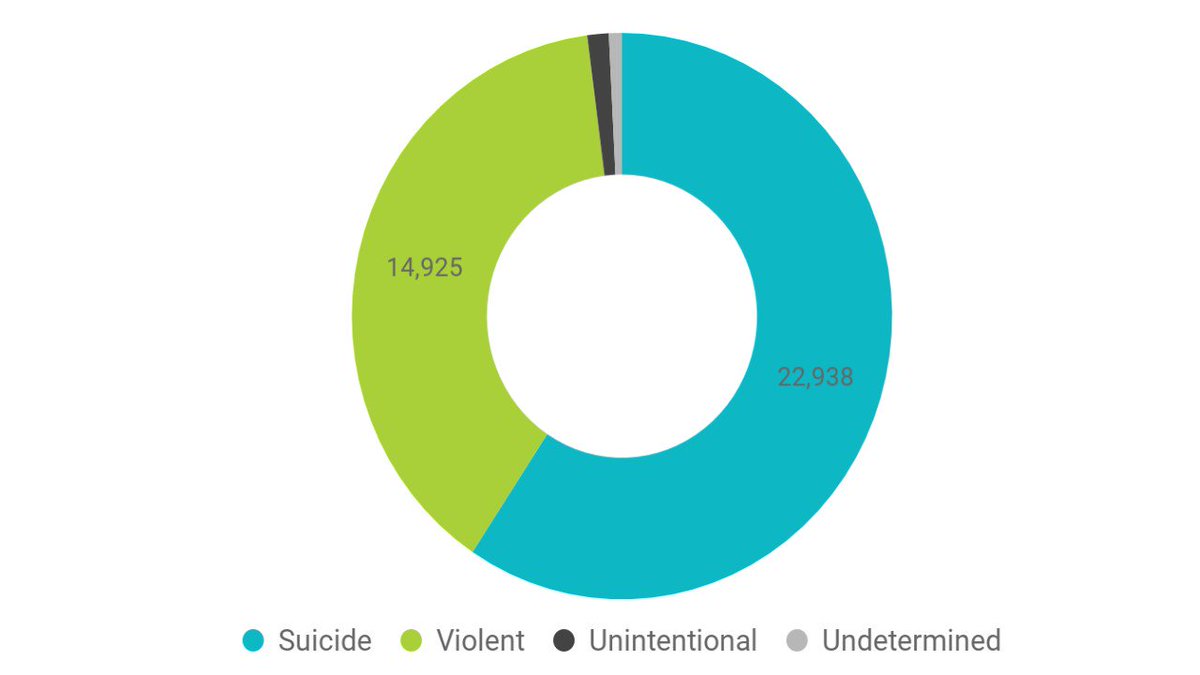For those unfamiliar, the "privacy paradox" refers to the notion that people *say* they care about privacy, but then *act* in ways that are at odds with those stated preferences (e.g., sharing information online). 1/
(en.wikipedia.org/wiki/Theory_of…), perceptions of control moderate behavior. 2/
1) Lack of control (i.e., not having a choice)
2) Cost (e.g., it's more expensive to opt out of loyalty cards; privacy becomes a "luxury good")
4/
I've done a lot of work looking at #3. In a series of controlled laboratory studies, my co-authors and I observed people buying privacy-sensitive items online. 5/
When people are given easy-to-understand choices, the paradox goes away.
That's not a paradox at all. 9/
Example: I like going on vacation. That I am not on vacation 365 days/year doesn't make me a hypocrite; there are other factors at play (e.g., cost, also liking my job, etc.).
Privacy decisions are not made in vacuums. 10/
guanotronic.com/~serge/papers/…
guanotronic.com/~serge/papers/…






